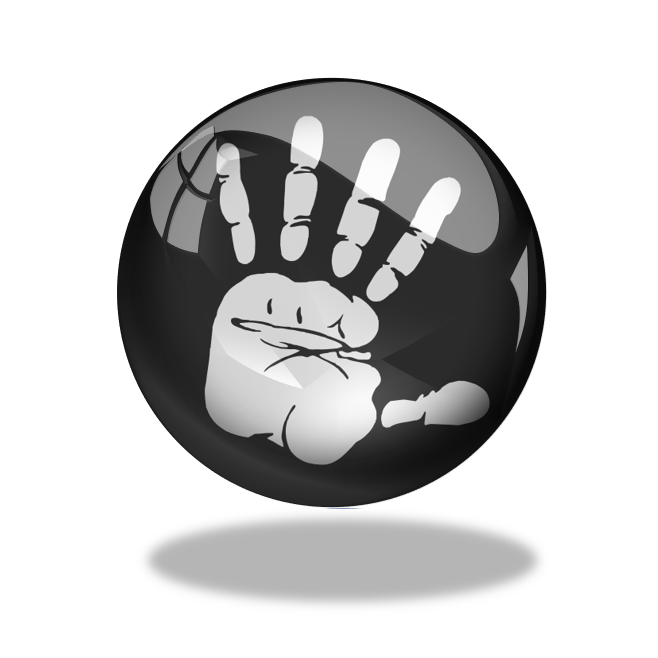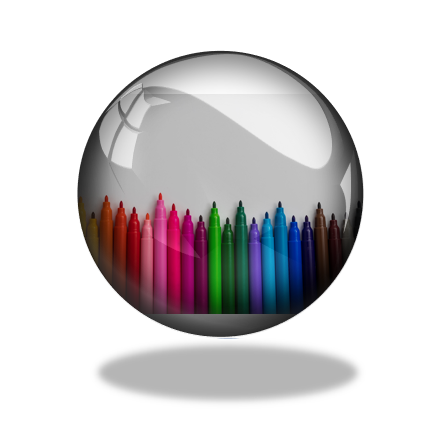Uncategorized
Who are these people?
In my long career, I have had the privilege of working, thinking, and looking at things alongside many different wonderful people. Over many years of consultancy, and seeking to change the World together in different ways, the people have become friends.
In developing these Adventures to share with you, I reached out to these friends for the insights and ideas that have most blessed them, or have proven the most helpful to them in their lives and careers. And many of them responded, with one or two things that they look back on as being something that made a big difference for them. So I mention their names as a thank you for their offering.
That they should single out these things in reflecting on long and industrious lives, make those things important.
We are all different people, from different backgrounds, living different lives. So these ideas will not work for everyone. But they will all work for some people (different people each time) and I suspect some of them may work for everyone.
But to be frank, having them work for you is not the point. The purpose of Leading by Adventure is about developing our skills and attitudes to adventure into new thoughts and perspectives and to appreciate them.
That they might benefit you is an added bonus.
It is the adventuring that is key: the curiosity; openness; flexibility; growth; and optimism. The ‘sense’ of adventure and expectation (whether it is fulfilled or not). These are the things that will help us to handle the rates of change that the future brings. And to do so with spirit and mental health.
Sign up to Leading by Adventure (it’s free!)
Your adventures will be delivered direct to your mailbox every Tuesday.
If you would like more information, click here!
Publicising Adventure – Helping to get the word out
“What we do for ourselves dies with us. What we do for others and the world remains and is immortal.”
Albert Pine
Thank you
The intention
- Gives them a short, much-needed, break in their Tuesday
- Exercises and develops their ability to see new perspectives
- Encourages natural responses of curiosity and creativity
- Through this, better equips people for the emerging future
- And helps maintain their mental well-being through change
The issue – publicising adventure
The options
The request – publicising adventure

Leading by Adventure – Request for helpful ideas, resources and experiences
I did it, but it didn’t work very well
How do I know if it is working?
-
Explain the issue to someone you trust, and see what insights and ideas they might offer you
-
Imagine someone independent is looking down on you, and they are required to identify three aspects of what you do and think that are really helping you in the programme, and three aspect that are holding you back. What would they write? Can you do anything about any of those that are holding you back?
-
Take a break. Stop for three months and then pick it up again and see what happens. Send yourself a ‘future me’ email – https://www.futureme.org/ – so that you don’t drop out accidentally (it is easily done!).
-
Fake it until you make it. Thing about what imaginary ‘version’ of you would do well at all of this. Imagine that you are playing that role. Immerse yourself in it entirely. And see what emerges.
-
If you are brave enough, put your question into our Linkedin group, and see what ideas come back to you.



















